Israel vs Hamas: Lessons for India and the World
 |
| A mosque which infamously called for total extermination of Jews on the day of Hamas's attack on Israel |
The Israel-Palestine conflict is, without a doubt, a multifaceted and enduring conundrum that extends far beyond a simple territorial dispute. It has evolved into a complex battleground that encompasses various dimensions, including political, historical, and, significantly, the relentless struggle against Islamist extremism. As we delve into the intricacies of this ongoing conflict, it becomes evident that it is not merely a regional issue but rather a lesson in global extremism.
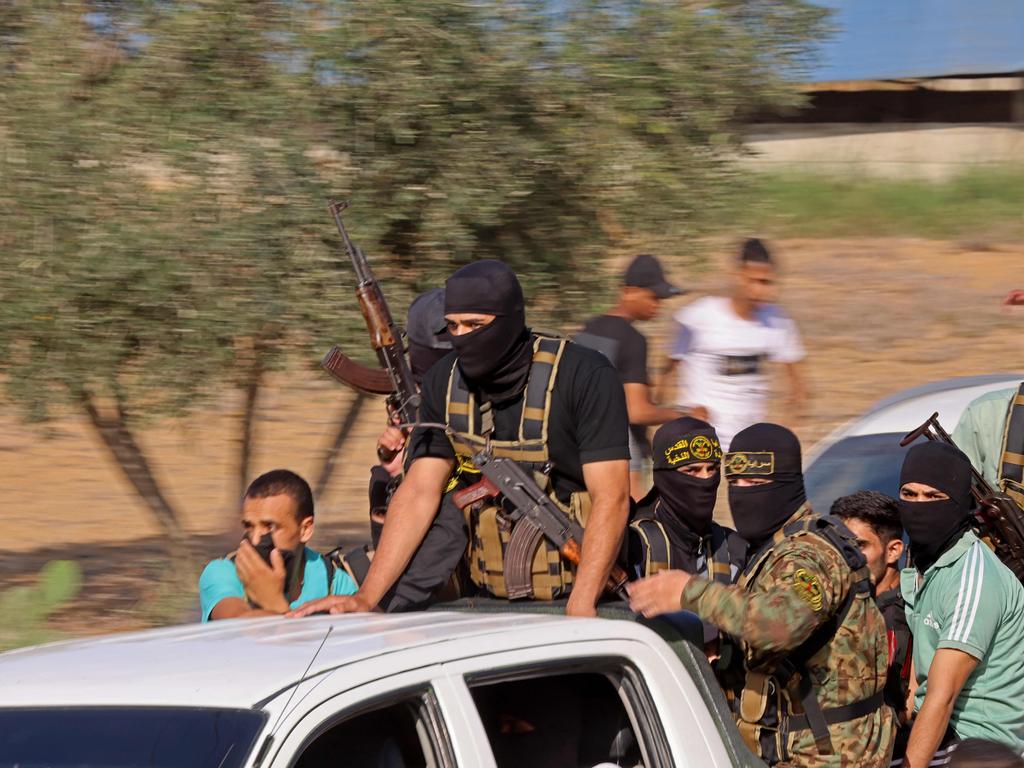 |
| Hamas terrorists riding in a Jeep (most probabably sponsored by the Iranian Governement which is a direct sponsor of Islamic Jihad all aroud the world) |
 |
| Stone pelting on Ram Navami Procession |
For India, this enduring conflict holds paramount importance, not just as a distant concern but as a potent wake-up call. It serves as a stark reminder of the need to confront and address Islamist extremism within its own borders. The threat is not isolated to the Middle East; it transcends geographical boundaries, and India's internal security is intertwined with the global fight against extremism.
 |
| Hizbul Mujahideen (a terrorist organisation like Hamas that operates within Indian borders) |
In essence, the Israel-Palestine conflict serves as a stark and pertinent reminder that Islamist extremism is a global issue with local manifestations. India must recognize the valuable lessons that can be gleaned from this protracted struggle, not only in terms of geopolitics but also in understanding the dynamics of radicalization, recruitment, and the manipulation of conflicts by extremist groups. Addressing these issues within its borders is imperative for India's own security and for contributing to the global effort to combat extremism.
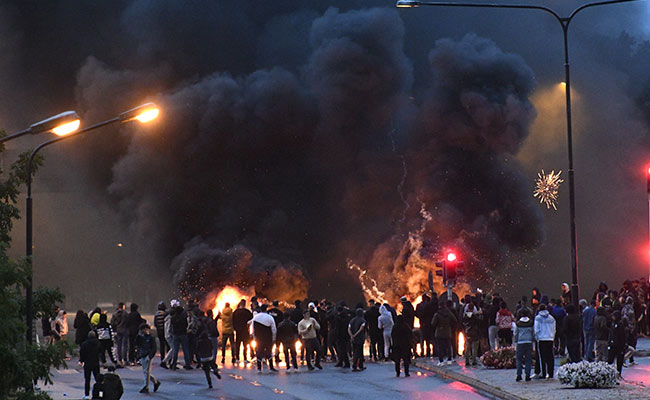) |
| Riots in Europe that has marred most of 2023 is another example of world wide presence and destruction caused by Jihadists |
 |
| Kasab the only terrorist to be caught alive in the 2008 attacks confessed to the involvement of Pakistani Spy Agency |
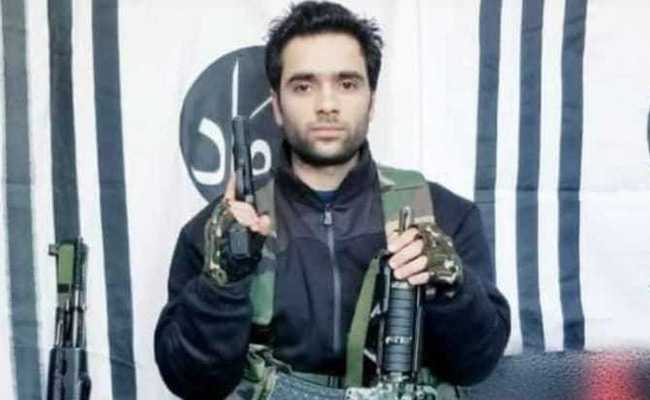) |
| Adil Ahmed Dar the chief architect of Pulwama attacks was pretty open about his source of funds that is Pakistan |
The implications of India's struggle against Islamist extremism extend far beyond its national borders. The fundamental ideologies that drive these extremist elements are not isolated; they pose a threat not just to India but to global security and stability as well. The same toxic ideology that fuels violence and extremism in South Asia has had global repercussions. It has contributed to and inspired acts of terrorism worldwide, making it a shared international concern. In essence, India's battle against extremism is a microcosm of the broader global fight, and the lessons learned and challenges overcome in India have relevance on a global scale. Addressing the root causes of extremism and countering radicalization is not only India's responsibility but also a crucial component of international efforts to ensure a more secure and stable world.
Lessons for India and the World
As we delve into the complexities of the Israel-Palestine conflict and its far-reaching implications, it becomes evident that there are critical lessons for India and the global community. These lessons, drawn from the ongoing conflict, highlight the urgent need for proactive measures in combating Islamist extremism.
Eliminating Terrorist Elements at Home:
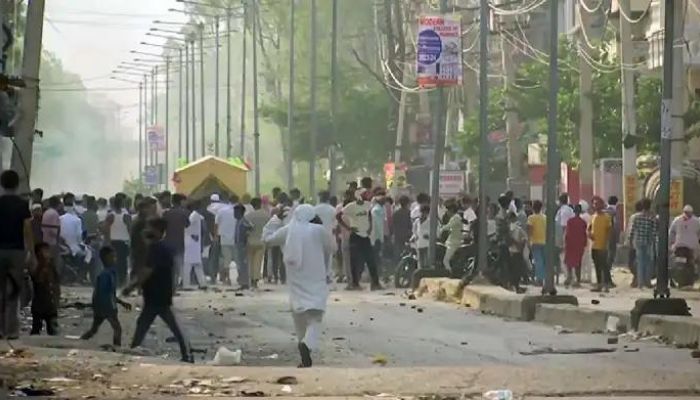 |
| A still from Nuh violence which is a perfect example of what happens to a place with significant Rohingya population(for more information on what happened at Nuh click this link) |
India's foremost priority must be the elimination of terrorist elements within its borders. This challenge is particularly acute in regions with significant Rohingya refugee populations. To counter this threat effectively, India should adopt an uncompromising stance. This includes a relentless pursuit of these groups, their supporters, and their networks. India's law enforcement agencies must work tirelessly to dismantle these networks, neutralize threats, and prevent any further radicalization within these communities. This approach necessitates comprehensive intelligence gathering, targeted operations, and an emphasis on community engagement to identify potential threats early.
Nationalizing Madrasas:
 |
| Al Qaeda and JMB (both terrorist organisations) members who were hiding and operating from such Madrasas (for more information on how Madrasas act as shields for terrorists click on this link) |
Another vital step for India is the nationalization of madrasas, which would ensure a standardized and regulated education system. Unregulated religious schools have often been breeding grounds for radical ideologies. By overseeing the curriculum and ensuring that these educational institutions promote values of tolerance, inclusivity, and national unity, India can significantly reduce the susceptibility of its youth to extremist influences. It is essential that madrasas become centers of education that nurture responsible citizens, rather than becoming hotbeds for extremist ideologies.
Comprehensive Border Security:
India faces historical challenges, particularly from neighboring countries, in the form of cross-border terrorism. Therefore, strengthening border security is paramount. This involves robust surveillance mechanisms, effective intelligence sharing, and immediate responses to any breaches in border security. India must deploy cutting-edge technology, increase border patrolling, and collaborate with bordering nations to secure its borders effectively. This not only prevents the infiltration of radical elements but also curbs the illegal activities carried out by these groups.
Active International Collaboration:
Recognizing the transnational nature of Islamist extremism, India should actively engage in international collaborations to share intelligence, coordinate counter-terrorism efforts, and work together with global allies. It is crucial that India actively cooperates with international partners while remaining assertive in addressing terrorist elements within its own borders. This approach ensures that radical elements find no sanctuary anywhere and face unified opposition on multiple fronts.
Strict Counter-Terrorism Measures:
India should implement stringent counter-terrorism measures, including legislation and policies that address the root causes of radicalization and support de-radicalization efforts. These measures should empower authorities to combat radical ideologies effectively, dismantling extremist networks and bringing those who promote or engage in terrorism to justice. This demands a multi-pronged strategy that involves not just law enforcement but also efforts to rehabilitate those who may have strayed down the path of extremism.
Ceasing the Tolerance of Fundamental Islamists:
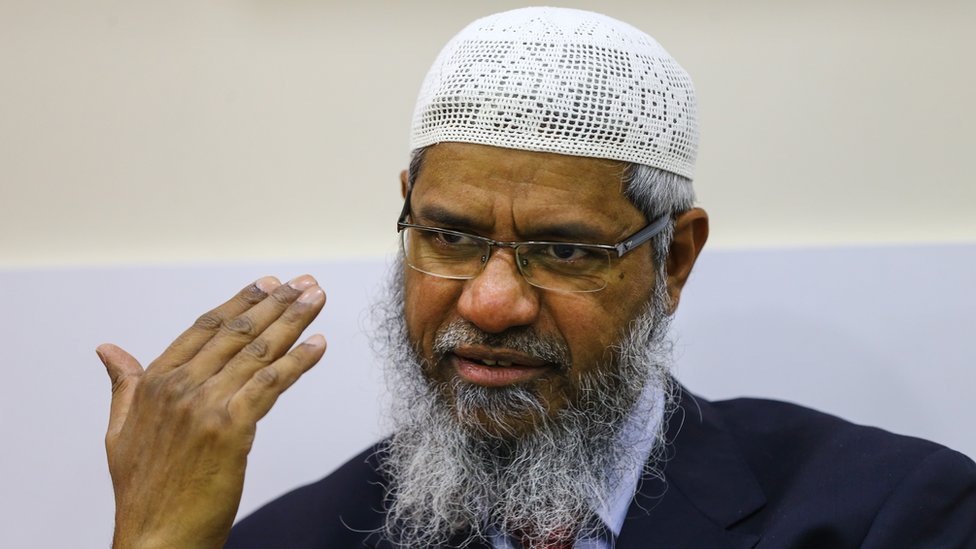 |
| Zakir Naik one of the most famous anti Hindu preachers who is also a staunch propagator of Jihad is still being tolerated by the Indian government |
India can no longer afford to tolerate the rise of fundamental Islamists and extremist ideologies within its society. Decisive action is necessary to counter the growth of these ideologies before they become an even greater threat. This involves proactive measures to monitor and curtail the activities of organizations or individuals promoting extremist views. It also entails fostering a climate of inclusivity and national unity, where divisive ideologies find no fertile ground.
Nipping Muslim Terrorism in the Bud:
 |
| Terrorist sympathizers mourning the death of former Hizbul commander and one of the most wanted terrorists of India Burhan Wani (to learn more about him click here) while he is being carried draped in a Pakistani Flag. These are the very people who can turn out to be terrorists in future |
Preventing the growth of Muslim terrorism within India's borders is imperative. Early intervention and rehabilitation programs are crucial to prevent the youth from falling prey to extremist ideologies. Community engagement, educational initiatives, and addressing the root causes of radicalization are key components of this strategy. India must not only react to extremism but also proactively work to eliminate the conditions that give rise to it.
 |
| Current situation in Gaza |
In conclusion, the Israel-Palestine conflict underscores the urgent need for India and the world to address the complex and evolving threat of Islamist extremism comprehensively. India's response to this multifaceted challenge must be resolute and multifaceted, with a focus on security, education, border integrity, international collaboration, and strict counter-terrorism measures.
To combat the persistent threat of extremism, India should prioritize the security of its citizens by enhancing intelligence capabilities, modernizing its armed forces, and improving domestic law enforcement. Simultaneously, investing in education to counter radicalization is essential, emphasizing the importance of reforming the educational system, particularly madrasas.
 |
| To prevent this from ever happening in India we must do whatever is necessary |
Furthermore, maintaining robust border security measures is crucial for preventing the infiltration of extremist elements and illegal activities. Collaborating with international partners in intelligence sharing, counter-terrorism operations, and diplomatic efforts is equally essential, as extremist threats know no boundaries.
Additionally, India must actively combat extremist ideologies by awareness campaigns and if required maintaining a secret police force comprising of former military personnel. The government should also constantly monitor social and religious gatherings as well as social media activity as some of these extremist groups are openly spewing their venom on various social sites. This proactive stance is vital for preserving national security and social harmony, recognizing that the consequences of extremism can extend far beyond India's borders. India's unwavering resolve is indispensable in overcoming the menace of extremism and ensuring a peaceful, secure future for its citizens and the global community. By adopting a multifaceted approach, India can address the complex challenge of Islamist extremism while contributing to global efforts aimed at promoting peace and security.
 |
| People celebrating the attack on Israel on the streets of London by distributing sweets(I assure you we will see similar celebrations all across the globe in case of a terror attack on India) |
I want to express my heartfelt condolences and unwavering support for the victims of the recent terror attacks orchestrated by Hamas against Israeli citizens. The ongoing conflict between Israel and Hamas has caused immeasurable suffering to innocent people, and my sympathies go out to all those affected. It is indeed a tragic and challenging time for the people of Israel. In these trying moments, I want to emphasize that India stands in solidarity with them.
It is high time to take resolute action against Hamas and other such Jihadi elements that have inflicted terror on the civilized world for far too long. Together, we must strive for peace, security, and a brighter future for all those affected by these senseless acts of violence by any such Jihadist organisation. It is my firm belief that in order for sustained peace to be achieved, it is imperative to eliminate all extremist elements, such as Hamas, from the face of this earth. This war is a necessary step towards creating a more peaceful and secure world for everyone.
Another small note that I would like to add is that it's deeply disheartening to witness the significant support that Hamas seems to be garnering from Muslims worldwide, particularly in India, all under the banner of a shared religious affiliation and the invocation of the phrase "tera mera rishta kya la illaha il lallah." This phenomenon raises a profoundly troubling question: Has terrorism become intertwined with one's religious identity? It's genuinely bewildering to see individuals going to the extent of endorsing the Taliban, solely because they've expressed a willingness to align with Hamas.
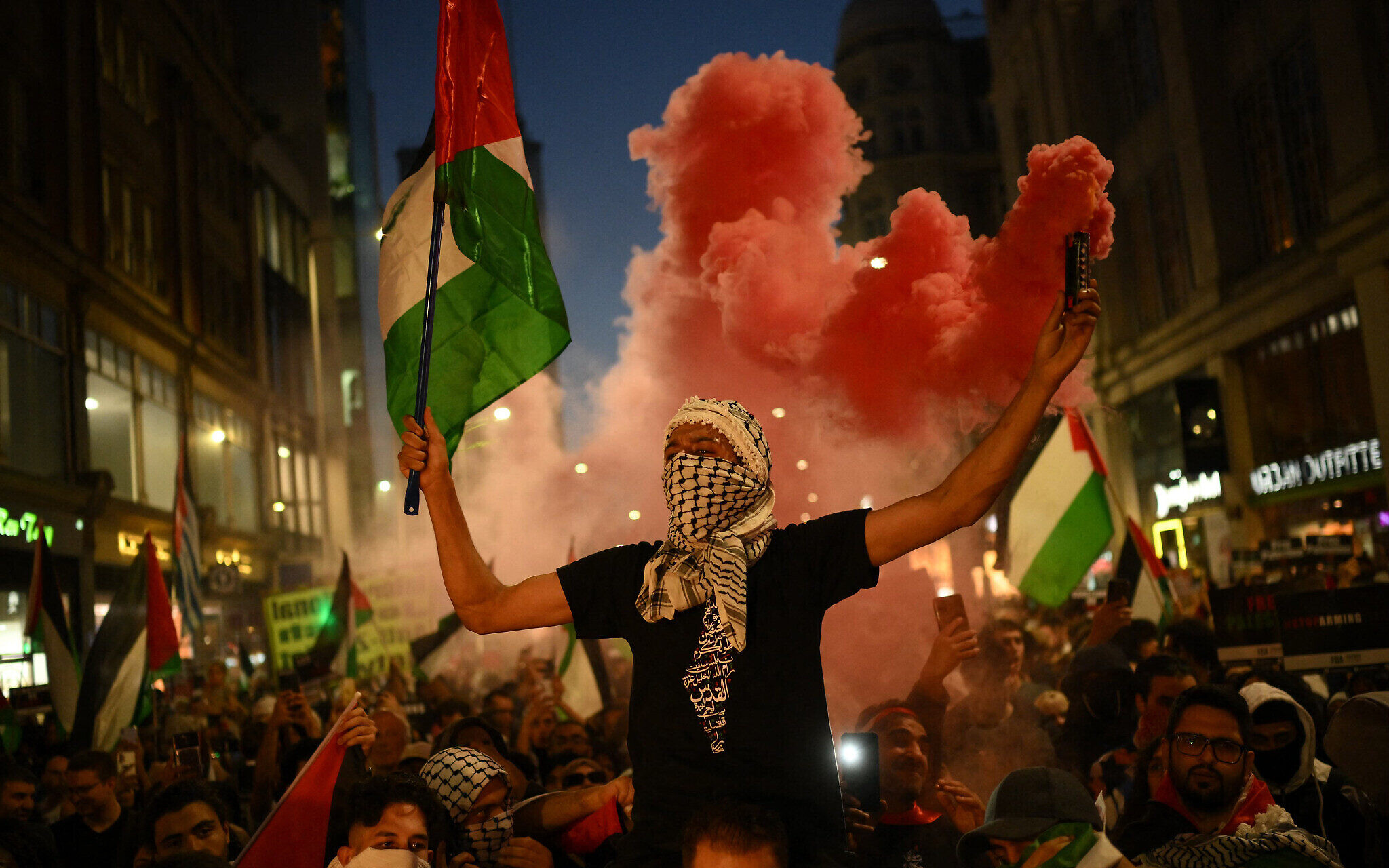 |
| A march in support of Hamas there has been several such marches all across the world over the last week |
The core issue at hand is whether people are making these choices purely out of a sense of solidarity driven by shared religious beliefs. Are individuals truly willing to support a terrorist organization, despite the unspeakable acts it has committed, such as the burning of innocent infants and the abduction of numerous women? And let's not forget the disturbing practice of parading the naked body of an innocent woman, all in the name of a shared faith. (The Link here redirects to the video of a dead Israeli woman being paraded naked on the back of a vehicle while the kidnappers and rapists and even the bystanders celebrate and shout Allah Hu Akbar while spitting on the body. The video is of Shani Louk a German tourist who was abducted from the music festival by Hamas Terrorists on the day of the attack)
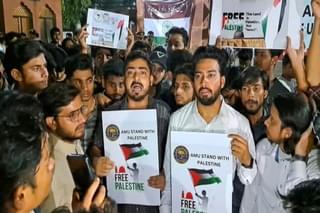 |
| One group of shameless protestors from Aligarh Muslim University where even headbands were seen where it was clearly written #standwithHamas |
While there may be arguments and counterarguments on this matter, the crucial question persists: Is it reasonable to turn a blind eye to these heinous acts, even in the face of such unspeakable atrocities, simply because the perpetrators share a religious background? Shame on you. Shame on you for this stance that disregards the suffering of innocent victims and allows religious affiliation to overshadow the value of human lives. Shame on you for even labeling Hamas terrorists as freedom fighters.
I have chosen not to share several unsettling aspects, including images and videos, as they may be distressing to many individuals. For those that I have shared, please proceed with caution.
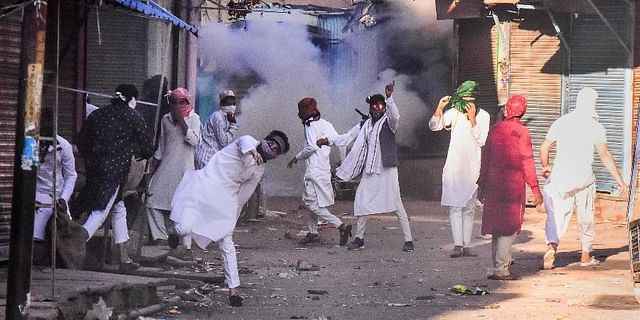
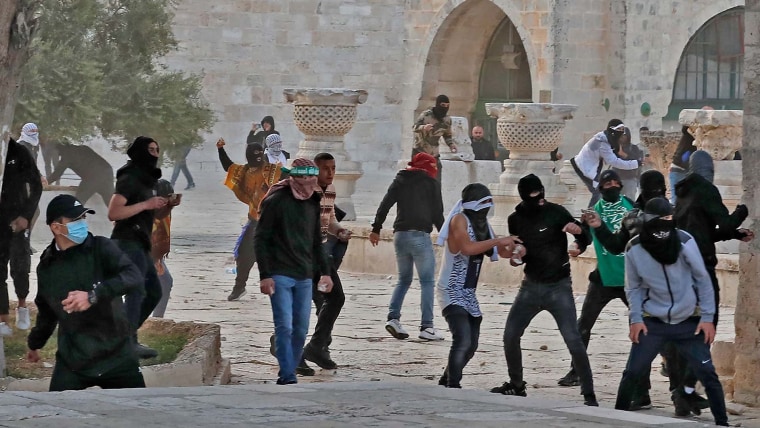
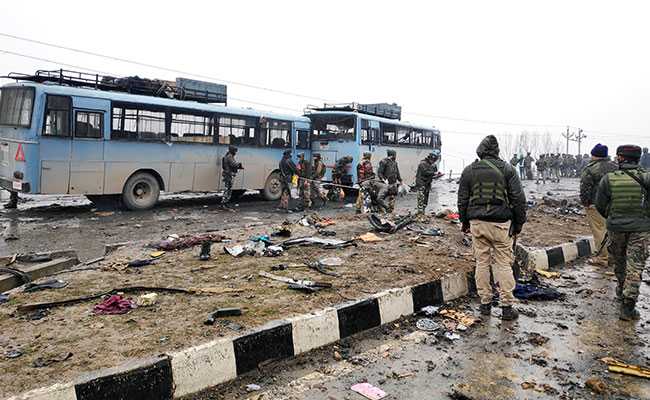


Comments
Post a Comment